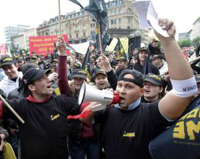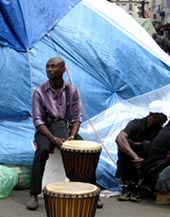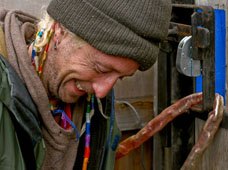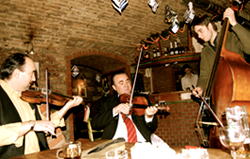
What We Can Learn From Europe
Americans may believe the United States is set up for the middle class, and Europe is set up for the bourgeois. Or let’s put it this way: America is a great place to buy kitty litter at Wal-Mart and relatively cheap gas. But it is not designed for me, a professional without a lot of money. That’s who Europe is for: people like me.





